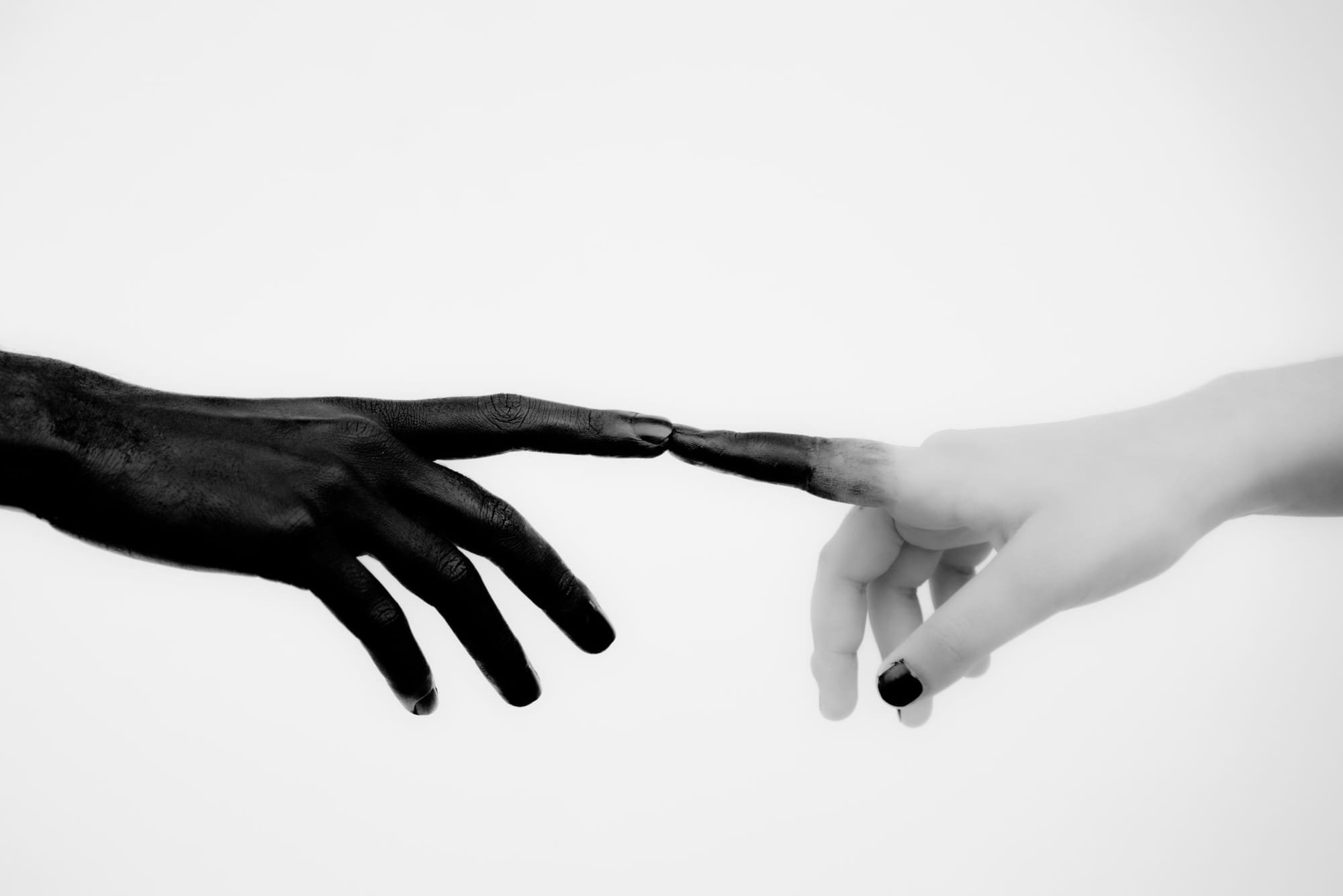What is the relationship between object constancy and healthy love?

Jason Brien.
If you want to heal from your abuse and trauma, it is important for you to develop object constancy. Object constancy allows you to have healthy whole relations with people (even people who may have hurt you). Object constancy means that you can see the ‘good’ and ‘bad’ traits in yourself and others simultaneously. A lack of object constancy leads people to use cognitive distortions such as black and white thinking and polarising. People who lack object constancy cannot see the ‘good’ in themselves and others when they are acting ‘bad’ and vice versa (see the ‘bad’ in themselves and others when they are being ‘good’).
The vast majority of trauma and abuse information discussed outside of academia encourages people to have healthy whole relations with themselves (which is good) but discourages people from having healthy whole relations with others (especially those who have hurt them in some way). For example, the vast majority of social media life coaches, therapists, gurus, etc., advocate learning how to love, forgive and accept yourself completely despite any past, current or future transgressions (i.e., “It’s ok to make mistakes because you are not perfect”, “Your mistakes are/were a product of your trauma”, “You have the power to change your ways”, etc, etc.
When it comes to the abusers and perpetrators though, all of this healthy whole relations stuff flies out the window.
Suddenly healthy whole relations becomes bad and so these social media ‘professionals’ encourage people to relate to their abusers using unidimensional terms such as ‘evil’, ‘bad’ or ‘psychopathic’. They also generally support a “They can never change”, “it is best not to interact with them”, “They will only ever hurt you” mentality. How often do you hear these social media ‘professionals’ talk about a ‘narcissists’ good traits?
In no way, shape or form am I condoning abuse, manipulation, etc. What I am saying is that you can continue to like/love someone regardless of how they may treat you (maintain object constancy and so have healthy whole relations). The problem is that most people believe that you have to love or hate people 100% or 0%. This is obviously faulty thinking. As soon as you fall into the trap of loving or hating yourself or others 100% or 0% you have lost your object constancy and you have lost your ability to have healthy whole relations.
Think of object constancy and healthy whole relations this way. You are feeling hungry and you pick up an apple which you notice has a bruise on it. The extent of the bruising on the apple will ultimately determine whether you will ‘love’ or ‘hate’ it (eat or throw away). If the bruising is only minor, you may decide to ‘love’ the apple and so eat it after cutting out and discarding the bruised section. If the bruising is excessive though it is much harder to ‘love’ the apple and so we must make a decision as to how to proceed.
If we think of the apple only in terms of the nutritional value it has to us, we may decide that it has no ‘good’ left in it and so we necessarily ‘hate’ it by throwing it in the bin. If we wish to maintain object constancy though we must find a way to both love and hate the apple. One way to stop ‘hating’ the apple (throwing it away) is by maybe recognising that the apple has no nutritional value left for us, but for our house plant it has immense nutritional value. Even though the apple has no value to us directly, we can still love it indirectly.
This is the essence of object constancy and so when we choose to view ourselves and others in unidimensional terms only, we become much more focused on only one aspect of us or them (either all good or all bad). Most people can understand how to have healthy whole relations with themselves because they see themselves as being inherently good and so capable of change. How then can people have healthy whole relations with ‘narcissists’ and abusers when they seemingly lack the same qualities? Is it really possible to like/love someone even if they hurt you?
The answer is yes you can. How you ask? Just like the apple it is all a matter of perspective. It may be hard to think or notice the positive traits of a ‘narcissist’ or abuser whilst they are hurting you but your inability to notice those traits does not mean that they don’t possess them. Whilst they may hurt you physically, mentally or emotionally, maybe they are good with your children. Or maybe they are good at their job or they are funny and can make you laugh. The point is, no single person is all bad with no redeemable traits whatsoever.
The way that you can continue to have healthy whole relations with abusive people is by loving the person but not condoning the abuse. You can also seperate and end a relationship whilst still loving a person. Love is an act of empathy. Love reminds us that no one is perfect but despite their imperfections they are still worthy of love. By keeping object constancy and healthy whole relations in the forefront of your mind, you can have and maintain healthy and fruitful relationships whilst also maintaining your boundaries and self-respect.
Resources
https://www.betterhelp.com/advice/general/what-is-object-constancy-and-how-does-it-affect-people/